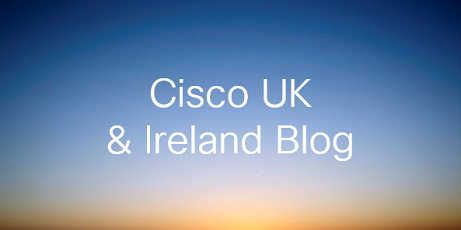
Tales from Wired Health, Part II
When Wired Health, run in partnership with Cisco, took place at the Royal College of General Physicians in London this past Tuesday, it brought together some of the world’s greatest healthcare thinkers and innovators.
With talks ranging from how we use data to cure some of the world’s most prevalent illnesses to the ways in which robotics could soon augment our surgeons, speakers from around the globe brought a range of ground-breaking ideas and techniques to life.
If you missed our write-up of some of the morning’s talks, you’ll find that here. And, without further ado, here are some of the highlights from the afternoon at Wired Health:
- Bill Davenhall from geographic information firm Esri talked about the need to map locational information onto healthcare data. “It’s about knowing your place,” he said. “We tend to track genetic data and lifestyle data in relation to our health, but we don’t do so well with environmental data.” Noting that where we grow up and where we live can have a major impact on health conditions, he stressed the importance of “geocoding” healthcare to ensure that such data was taken into account.
- QuantuMDx founder Jonathan O’Halloran recounted the story of a project that started in a garage of the south of England and has now made its way to Cape Town, South Africa. Having already developed a £500 device that can detect cancer, QuantuMDx is now working on a device that can process a disease genome in a few minutes and upload data to the cloud. It could prove instrumental to treating and limiting the spread of pandemic diseases.
- Bruce Hellman, CEO and cofounder of Cisco BIG awards winner uMotif discussed the need to put human relationships at the fore when it comes to healthcare. “People with chronic illnesses spend 8,700 hours per year self-managing, but that is done mainly using old technology. We have to look at how we make those 8,700 better.” That will rely on “safe, secure and scalable technology”, he concluded.
- Babylon Health founder Ali Parsa looked at the revolution going on in mobile healthcare. “If you think that the idea of delivering most of the day-to-day healthcare we need via mobile phone is far-fetched, think how recently it was that getting video, music, banking on your phone was far-fetched as well.” Babylon, a smartphone app, allows users to diagnose illnesses and purchase medication and health-monitoring devices, all under the watchful eye of mobile enabled doctors.
- Sonny Vu from Misfit Wearables noted that we’re at Version 0.1 when it comes to wearable tech. The design blueprint for the future would need to be one which would be based on technology that people will want to wear again and again. “Why would you wear something that tracks how many steps you’ve taken?” he asked. “Something that can predict a heart attack six hours in advance? Maybe.”
- Last, but by no means least, was Cisco’s own Internet of Everything exhibition, a collection of some of the smartest new gadgets and creations using the internet to collect people, processes, data and things together. From a connected toothbrush that provides feedback on your brushing habits to a car seat that can detect your heart rate, plenty of incredible new inventions were on show
That’s a wrap from Wired Health, though plans are already afoot for another event in 2015. See you there!
If you missed part one, you can read it here and you can also see a Storify feed of social highlights and conversations here.
Tags:


